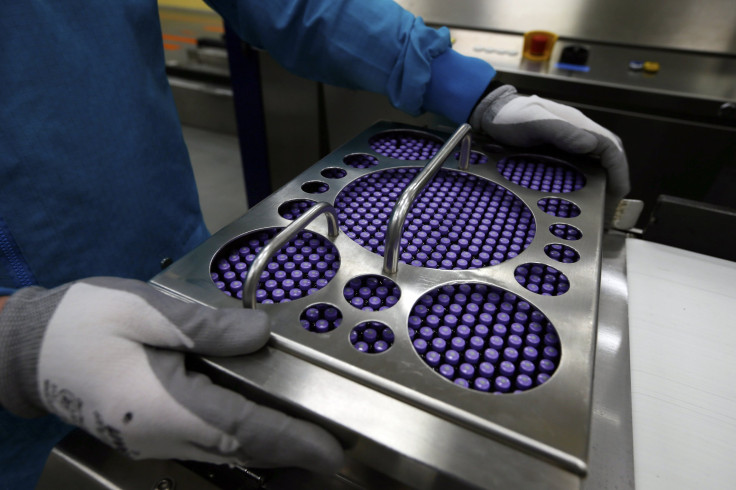Lilly Diabetes Drug Slashes Deaths 32% In Heart-Risk Patients

(Reuters) - Eli Lilly and Co's new Jardiance pill slashed deaths by 32 percent in a study of 7,000 patients with type 2 diabetes at risk of heart attack and stroke, a finding that researchers said could make it a mainstay diabetes treatment.
"This is the first diabetes therapy to show robust effect in reducing cardiovascular death. It really is big news," said Dr. Bernard Zinman, director of the Diabetes Center at Mount Sinai Hospital in Toronto, who led the 3-year study.
Zinman, in an interview, predicted the study would prompt medical societies to recommend in their treatment guidelines that Jardiance be used for type 2 diabetics that have a history of heart disease or are at risk of cardiovascular events.
The once-a-day drug, developed with Germany's privately held Boehringer Ingelheim, won U.S. approval last year. It belongs to a new family of treatments called SGLT2 inhibitors that include Johnson & Johnson's Invokana. They lower blood sugar by inhibiting reabsorption of glucose in the kidney.
Zinman noted that Jardiance, like other SGLT2 drugs, causes weight loss and reduced blood pressure, besides lowering blood sugar levels and lowering body fat, and also reduces swelling, which all help the cardiovascular system.
About one-half of the deaths in people with type 2 diabetes, the most common form of the disease which is linked to obesity, are caused by cardiovascular disease. So reducing cardiovascular risk is considered essential to diabetes care.
Lilly and Boehringer last month disclosed Jardiance met its primary study goal, becoming the first diabetes drug to show heart-protective results in a large cardiovascular trial. But they did not unveil detailed data until Thursday at a medical meeting in Stockholm.
In calculating the combined number of cardiac deaths, non-fatal heart attacks and non-fatal strokes, 14 percent fewer events were seen in patients taking Jardiance in combination with standard treatments, compared with patients who took standard treatments alone, meeting the study's main goal. Standard treatments included statins, which lower cholesterol, and blood pressure drugs.
Among patients taking Jardiance, there was a 38 percent reduction in cardiovascular death, including death from heart attacks and strokes. But there was no significant difference in non-fatal heart attacks or non-fatal strokes.
Those taking Jardiance had a 32 percent lower risk of dying from any cause, and a 35 percent lower rate of hospitalizations from heart failure.
The benefits were especially impressive because they were on top of protection that patients received from taking cholesterol fighters and other life-saving cardiovascular drugs, Zinman added.
Published by Medicaldaily.com



























